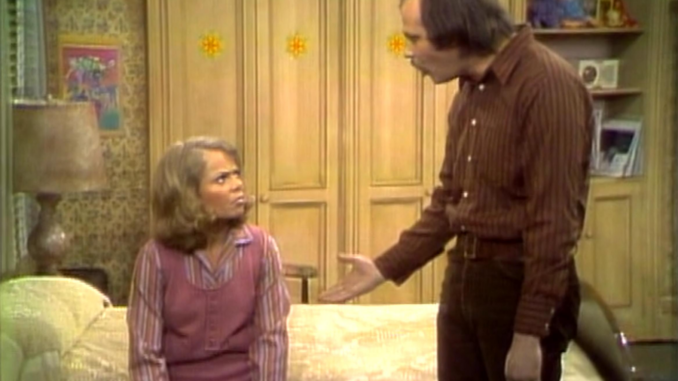
When you think of groundbreaking television, one show that undoubtedly comes to mind is All in the Family. This sitcom, which aired from 1971 to 1979, not only entertained millions but also sparked conversations about race, gender, and social issues that were often swept under the rug. At the heart of this cultural phenomenon was the Bunker family, led by the unforgettable character of Archie Bunker, played by the legendary Carroll O’Connor. In this article, we’ll take a closer look at the cast of All in the Family, their roles, and how they changed the landscape of television forever.
The Bunker Family: A Brief Overview
Archie Bunker: The Everyman
Archie Bunker, portrayed by Carroll O’Connor, was the quintessential working-class man. With his loud opinions and often outdated views, Archie became a symbol of the American everyman. His character was both loved and loathed, but one thing was clear: he was unforgettable. O’Connor’s portrayal brought depth to Archie, making him relatable despite his flaws.
Edith Bunker: The Heart of the Family
Edith Bunker, played by Jean Stapleton, was the loving and often naive wife of Archie. Her character provided a counterbalance to Archie’s brashness, showcasing the importance of compassion and understanding. Edith’s famous catchphrase, “Oh, Archie!” became a staple of the show, highlighting her exasperation with her husband’s antics.
Gloria Bunker: The Progressive Daughter
Gloria, portrayed by Sally Struthers, was the Bunkers’ daughter and a voice of reason in the family. Her character often challenged her father’s outdated views, representing the younger generation’s push for change. Gloria’s struggles and triumphs resonated with many viewers, making her a beloved character.
Mike Stivic: The Liberal Son-in-Law
Mike, played by Rob Reiner, was Gloria’s husband and a stark contrast to Archie. As a college-educated liberal, Mike often found himself at odds with Archie, leading to some of the show’s most memorable confrontations. His character embodied the cultural shifts of the 1970s, making him a crucial part of the Bunker family dynamic.
The Show’s Cultural Significance
Tackling Social Issues Head-On
All in the Family was revolutionary for its time, addressing topics like racism, sexism, and the Vietnam War. The show didn’t shy away from controversial subjects, often using humor to tackle serious issues. This approach opened the door for future sitcoms to explore similar themes, paving the way for a more honest portrayal of American life.
The Role of Humor in Social Commentary
The brilliance of All in the Family lay in its ability to blend humor with social commentary. By using comedy as a vehicle for discussion, the show made difficult topics more accessible to viewers. This unique approach not only entertained but also educated audiences, encouraging them to think critically about societal norms.
The Legacy of the Bunker Family
Influencing Future Sitcoms
The impact of All in the Family can be seen in countless sitcoms that followed. Shows like The Fresh Prince of Bel-Air, Roseanne, and Modern Family have all drawn inspiration from the Bunkers’ dynamic. The blend of humor and social issues became a blueprint for future television comedies.
Cultural References and Parodies
The Bunker family has become a cultural touchstone, referenced and parodied in various forms of media. From late-night talk shows to animated series, the influence of All in the Family is undeniable. Characters like Archie Bunker have become archetypes, representing the complexities of American identity.
Behind the Scenes: The Cast’s Chemistry
Carroll O’Connor and Jean Stapleton: A Dynamic Duo
The chemistry between O’Connor and Stapleton was palpable, bringing authenticity to their on-screen marriage. Their ability to portray both love and conflict made the Bunker household feel real, allowing audiences to connect with their struggles.
